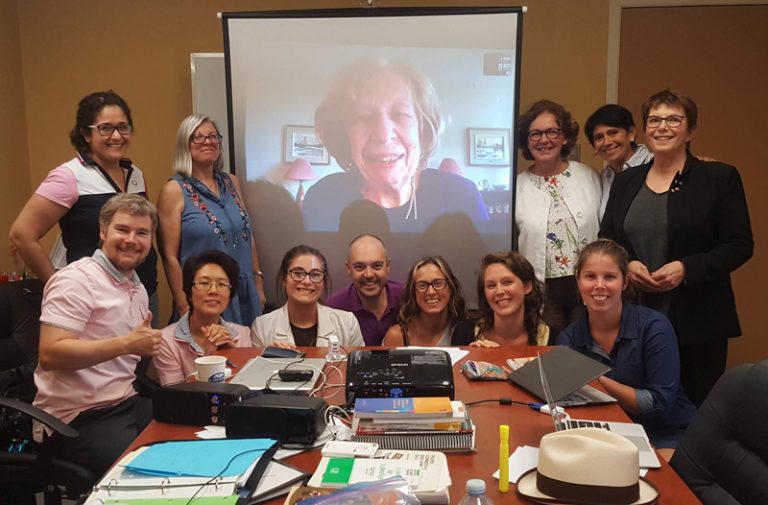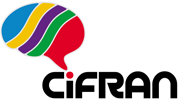Neurolinguistic Approach in Adult FSL Learning
 In my FSL teaching career, I work mainly with university students and adult learners. I am greatly interested in developments in FSL teaching pedagogy and various strategies that can ensure an effective and enjoyable learning environment. My first training session in NLA was in August 2018 and it was one of the most rigorous training sessions I have ever been through.
In my FSL teaching career, I work mainly with university students and adult learners. I am greatly interested in developments in FSL teaching pedagogy and various strategies that can ensure an effective and enjoyable learning environment. My first training session in NLA was in August 2018 and it was one of the most rigorous training sessions I have ever been through.
Practical strategies in the classroom backed by a research framework
What really stood out in NLA for me was the coupling of research with practical suggestions about best practices in the classroom. In my previous experience during other training sessions, I have found that facilitators are often keen to share either research (and leave instructors wondering how that might translate into classroom teaching methods) or share strategies based on their personal experience which might certainly be useful, but do not correspond to a cohesive research base vision of teaching. I really enjoyed having a methodology with solid research-based reasoning framing the suggested structure. Steeve and Olivier were also very knowledgeable and open to discussions about various aspects we discussed during the training, which really helped me think about how the content would translate into my own teaching environment.
Two challenges for adult learners that I wished to address
As I teach within the structure of university or college curricula, I knew that I would not necessarily be able to implement entire cycle suggested by NLA. However, I have found that making changes and incorporating specific elements within existing curricula leads to great results. One of the biggest challenges with adult learners is pre-conceived notions about their inability to master a language. Second to that is the fact they become impatient with themselves extremely quickly because they expect to be able to communicate with the same level of nuance in French as they do in English within an extremely short period of time. I have always personally believed that languages can be learnt effectively at any age, albeit the methods might need to be adapted.
Successful modifications of reading exercises
The NLA training session has provided with the tools that help convince learners of their own ability. With one of my adult classes this past semester, I have incorporated the reading section of the cycle. Drawing the attention of the learners to words they may not know prior to reading and allowing them to be engrossed in the reading flow in a story-style has been very well received by my learners. In addition, having them listen to texts read before attempting to read them has improved pronunciation and reduced anxiety, so that I have noticed a significant increase in their willingness to take part in reading exercises. Also being able to follow stories from beginning to end without running into unknown words and expressions is a great confidence booster. Students tell me that they have somewhat adopted the method when they do readings at home as part of their homework.
In the works!
As we are often battling against a very stringent amount of in class time, especially with university students, I have been giving some thoughts at incorporating recordings and audiobooks into a homework cycle for the advanced students so they can do some practice more independently. I hope to pilot the idea with my next class. I am also looking forward to incorporating elements from other sections of the cycle into my lesson plans, just as much as I look forward to future training sessions.
Sincere thanks to Joan Netten for the energy and dedication she brings to language pedagogy. The session would not have been the same without her input!
Kathy Asari



